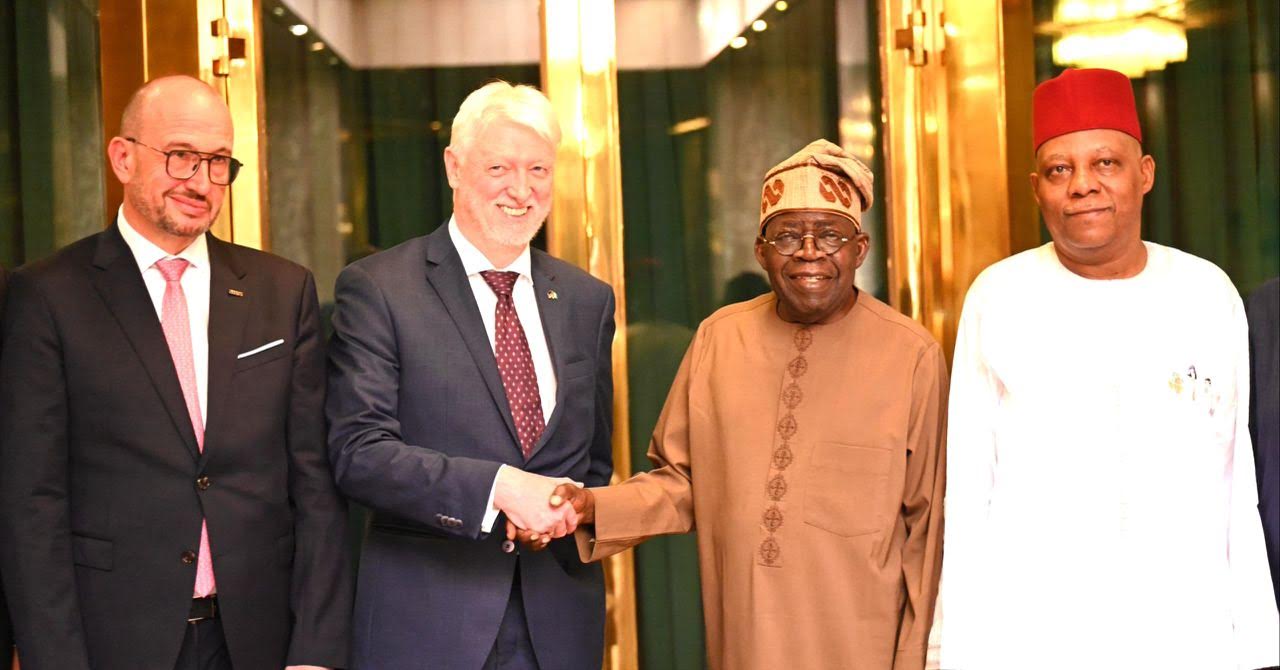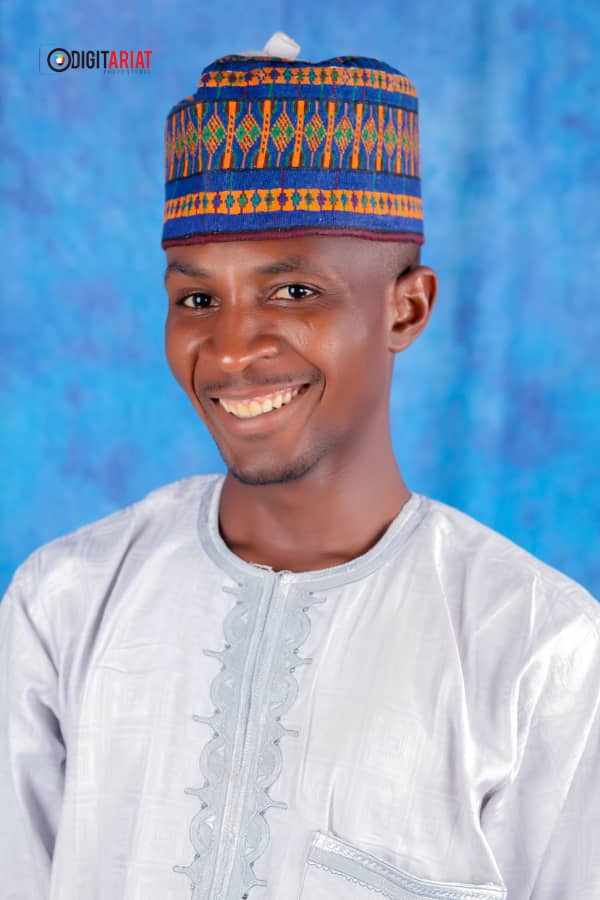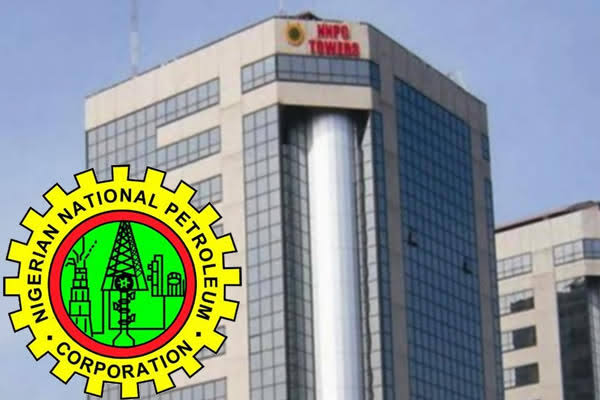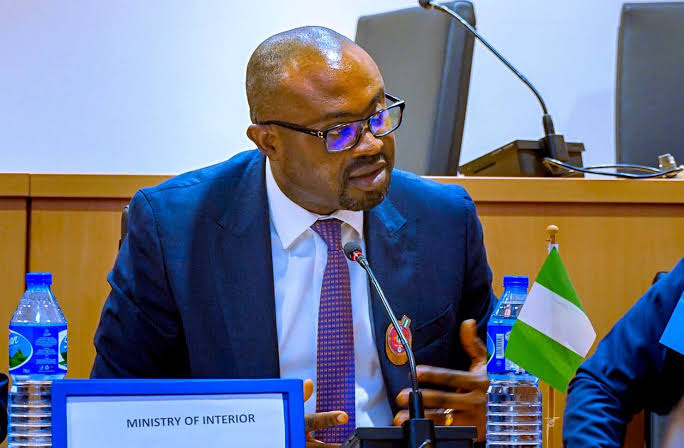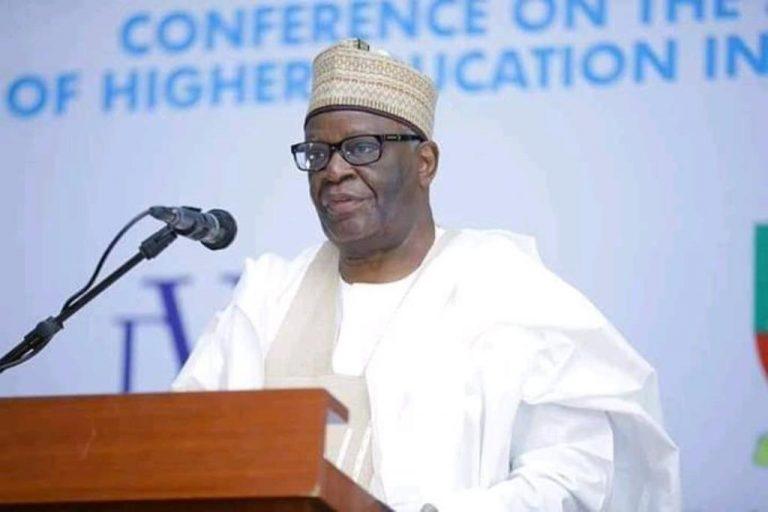Power sector crucial to economic growth, job creations – Tinubu
Nigerian President Asiwaju Bola Ahmed Tinubu has reiterated on Monday that his administration is taking nation’s power sector reforms seriously as improved electricity supply will positively affects the daily lives, jobs, education, and health of millions of citizens.
Tinubu, while speaking after he received a delegation from Siemens Energy, led by Dietmar Siersdorfer, Managing Director for the Middle East and Africa, at the State House, noted that a stable power supply remains central to improving livelihoods and building a stronger economy.
“There is no industrial growth or economic development without power. I believe that power is the most significant discovery of humanity in the last 1,000 years,” the President said.
In a statement issued by Special Adviser to the President on Information and Strategy, Bayo Onanuga, Tinubu said the government’s commitment to completing the Presidential Power Initiative (PPI) with Siemens Energy aligns with his administration’s goal of improving living conditions through reliable power.
“Our education, our health care and our transportation all depend on energy and without power, it is an impossible objective. We are taking it very seriously,” he added.
The President noted that the phased completion of the PPI will give Nigeria “a place of pride on the continent” and harness the nation’s human and material potential.
“I appreciate the partnership on the initiative. The progress of the project to date is notable, and we can feel it. But it is not where we want it to be. We appreciate the support and commitment of the German government and Siemens. The investment you are making and your commitment align with the future of this country,” he said.
Tinubu also directed the expansion of major transformer substations from two to three phases to boost electricity supply.
“We are all inspired and happy. This is what we want to achieve on the continent. We want everyone to see the glory of our economic recovery and banishment of poverty,” the President said, assuring all that his government will continue to provide resources for the project.
Minister of Power, Adebayo Adelabu, said the sector had recorded several milestones, including decentralisation and liberalisation, following the signing of the Electricity Act 2023 and the development of a new National Integrated Electricity Policy, which had attracted over $2.2 billion in fresh investments.
“Since the signing of the Accelerated Agreement at COP28 in Dubai in December 2023, the PPI has recorded notable milestones across its implementation phases,” Adelabu stated.
“Under the Pilot Phase (Phase Zero), we have achieved significant infrastructure upgrades and capacity enhancements that are already impacting grid stability and reliability across the country.
“Siemens Energy has successfully delivered and commissioned 10 units of 132/33kV mobile substations, three units of 75/100MVA transformers, and seven units of 60/66MVA transformers across key load centres nationwide, which have added 984MW of transmission capacity to the grid,” he added.
Adelabu said the Federal Executive Council had approved the start of the Engineering, Procurement, and Construction (EPC) contract for Phase One, Batch One of the PPI, covering substations in Abeokuta, Offa, Ayede-Ibadan, Sokoto, and Onitsha.
“Plans for civil works mobilisation across all five locations have been finalised, concurrent manufacturing of the required equipment is ongoing, and two of the five substations are targeted for completion by the end of 2026,” the minister said.
He added that Phase One–Batch Two would involve constructing six Brownfield and ten Greenfield substations nationwide, with a cumulative impact of 4,104MW.
The Minister of Finance and Coordinating Minister of the Economy, Wale Edun, said the project’s completion would enhance Nigeria’s ease of doing business, create jobs, and reduce poverty.
In his remarks, Siemens Energy’s Dietmar Siersdorfer said the PPI would “transform Nigeria into a regional power hub,” adding that local engineers and communities would directly benefit.
“Nigerian professionals will be engaged directly in the five project sites in Batch 1 for the site works, while thousands of jobs will be enabled in the local communities through purchased services, accommodation, and transportation, among others,” he said.
He added that a new training centre was being built to train local electrical engineers and transfer technology.
“The PPI is not just a project but a platform for long-term development and prosperity,” Siersdorfer said.
The German Ambassador’s representative, Johannes Lehne, reaffirmed his country’s commitment to supporting Nigeria’s power sector reforms.
Present at the meeting were Vice President Kashim Shettima, Minister of Finance Wale Edun, Minister of Power Adebayo Adelabu, and Special Adviser on Energy Olu Verheijen.
Source: PUNCH

